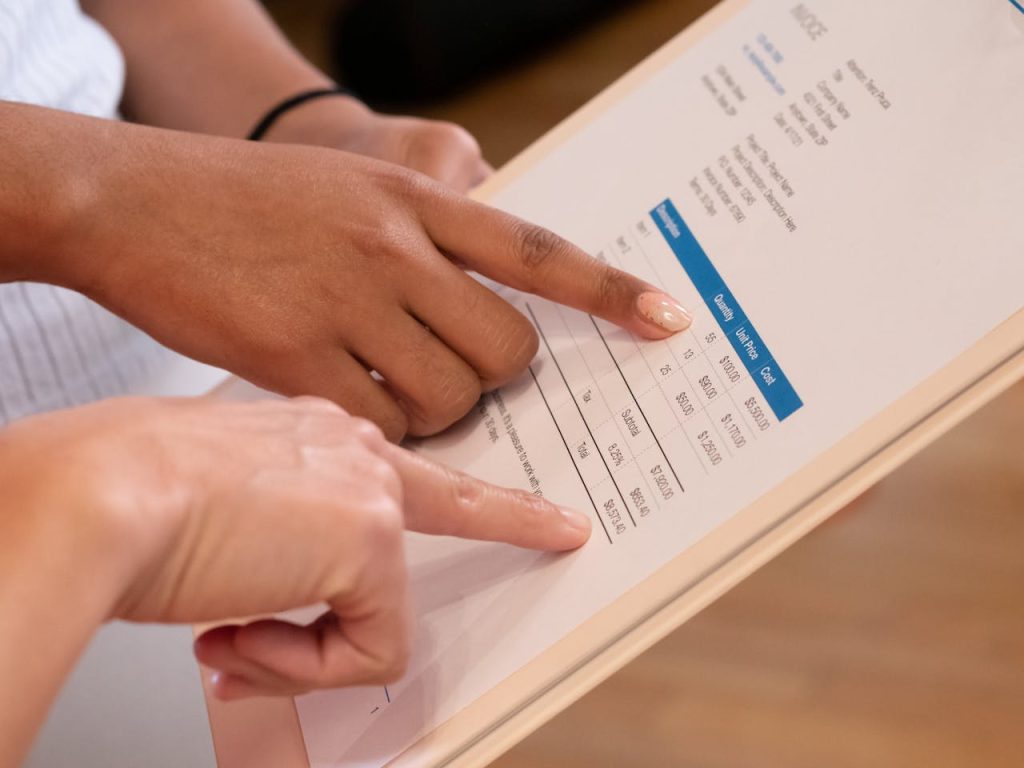
Image source: pexels.com
Managing your money wisely is key to building and protecting wealth. Many people open multiple bank accounts to organize their finances, separate spending from saving, or add an extra layer of security. But is there a point where having too many bank accounts actually complicates your wealth instead of protecting it? This is a real concern for anyone who wants to keep their finances simple and effective. The desire for organization can sometimes backfire, leading to confusion and missed opportunities. Let’s explore how the number of bank accounts you hold could impact your financial health and decision-making.
1. Increased Complexity in Money Management
The primary SEO keyword for this article is “too many bank accounts,” and it’s easy to see why this topic matters. When you open multiple accounts, tracking your balances and transactions becomes more complicated. Each account may serve a purpose—emergency savings, bills, travel, or business expenses—but juggling them all can quickly turn into a headache.
Simple tasks like checking your available funds or moving money between accounts take more time. The risk of losing track increases with every new account you open. If you forget about an account, you might miss a fee or even let it go dormant. This added complexity can make it harder to see the big picture of your financial situation.
2. Higher Risk of Overdrafts and Fees
With too many bank accounts, it’s easy to lose sight of when money is coming in or going out. Banks often charge fees for low balances, inactivity, or overdrafts. If you’re not watching each account closely, you may accidentally dip below the required balance or miss a scheduled payment.
Some people open accounts at different banks to maximize features or interest rates. While this can have benefits, it also means keeping up with different fee structures and rules. Those small charges add up, eating away at your hard-earned wealth rather than protecting it.
3. Missed Opportunities for Growth
Spreading your money across too many bank accounts can dilute your savings. Instead of building a strong emergency fund or maximizing interest in a high-yield account, your funds may be scattered and less effective. Some banks offer tiered interest rates, so consolidating your money could help you earn more over time.
Multiple accounts can also distract from other wealth-building opportunities. Instead of investing or paying down debt, you might spend more time and energy shuffling money between accounts. This can slow your progress toward important financial goals.
4. Complicated Record-Keeping at Tax Time
Tax season is stressful enough without the added hassle of tracking statements from several banks. If you have too many bank accounts, you’ll need to gather forms from each one—especially if you’ve earned any interest. It’s also easier to make mistakes or overlook a necessary document, which could lead to IRS headaches down the line.
For those running a side business or freelancing, keeping business and personal finances separate is wise. But opening multiple personal accounts for minor reasons can make your tax prep much more complicated than it needs to be.
5. Security and Fraud Risks
It’s natural to think that spreading your money across many accounts protects you from fraud. However, each account is another potential target for unauthorized access. Monitoring too many bank accounts can be challenging, and you might not notice suspicious activity right away.
Secure passwords and two-factor authentication help, but the more accounts you have, the more points of vulnerability you create. If you’re concerned about security, consider using one trusted account for most transactions and keeping a close eye on it, rather than spreading yourself too thin.
Finding the Right Balance for Your Wealth
There’s no one-size-fits-all answer to how many bank accounts you should have. The key is to strike a balance that supports your goals without adding unnecessary complexity. If you have too many bank accounts, take a step back and ask yourself if each one is still serving a clear purpose. Consolidating accounts can make managing your wealth easier, reduce fees, and offer a clearer picture of your finances.
By keeping things simple, you can focus on growing and protecting your wealth with confidence.
How many bank accounts do you use, and have you found a system that works for you? Share your thoughts and experiences in the comments below!
What to Read Next…
- 6 Times Banks Quietly Close Your Account Without Warning
- 7 Bank Practices That Drop Accounts When You Mention Estate
- Could a Bank Freeze Your Account Without Telling You?
- What Are Banks Really Doing With Your Personal Spending Data?
- 5 Invisible Service Charges Eating Into Your Bank Balance

Travis Campbell is a digital marketer/developer with over 10 years of experience and a writer for over 6 years. He holds a degree in E-commerce and likes to share life advice he’s learned over the years. Travis loves spending time on the golf course or at the gym when he’s not working.








